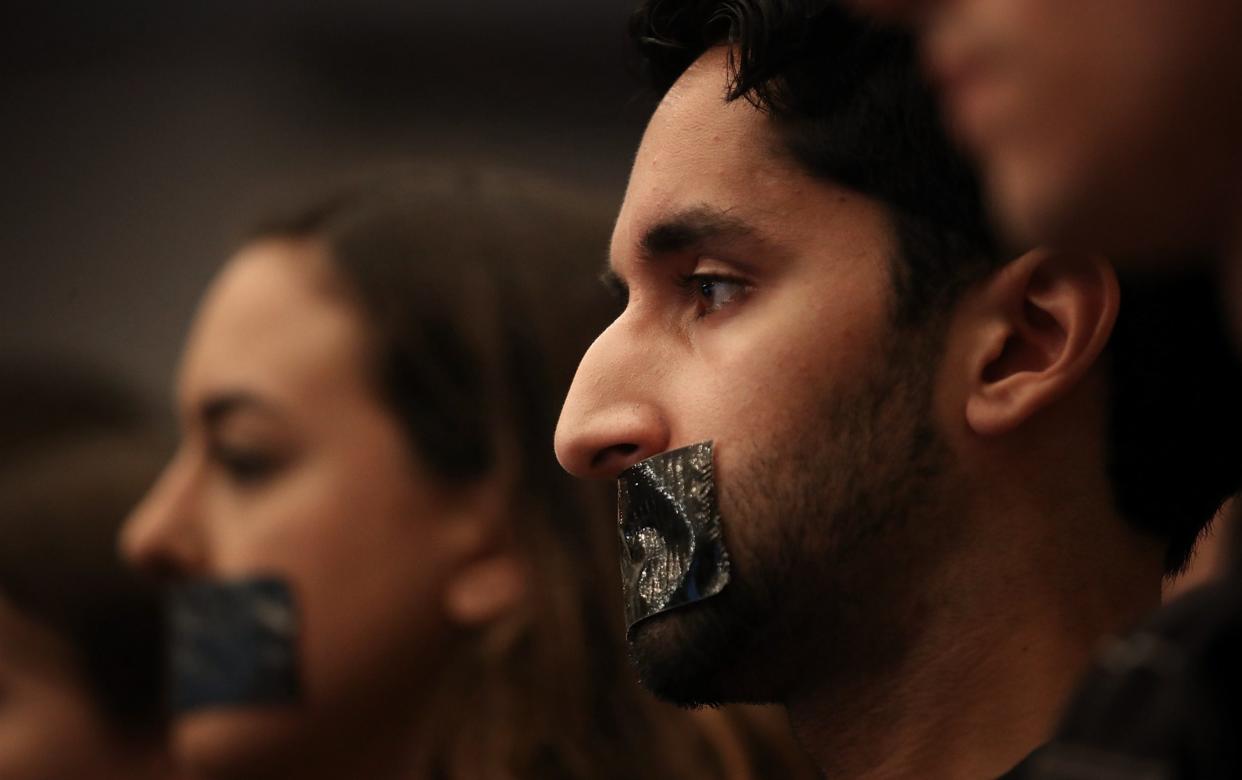Conservative students ‘unable to openly talk about their views’ on campus

Conservative university students increasingly feel unable to talk about their views, a study has shown.
Half of students believe that those with conservative views are reluctant to express them at their university, up from 37 per cent in 2019, according to research by King’s College London.
The study found that this perception has grown in particular among students who say they would vote for the Conservative Party, rising from 59 per cent to 68 per cent over the past three years.
Those with Left-wing views also increasingly feel more fearful of expressing their opinions.
The proportion of students who say people are reluctant to express Left-wing opinions at their university has more than doubled, from 14 per cent in 2019 to 36 per cent in 2022.
King’s College London compared the results from multiple surveys of more than 6,000 students for its research.
‘Free speech well protected at universities’
The majority, or 65 per cent, of students surveyed this year said that free speech and robust debate are well protected at their institution.
However, researchers also found that “increasing minorities of students” feel free speech “is under threat and have heard of examples of free speech being inhibited”.
Prof Bobby Duffy, the director of the Policy Institute at King’s College London, said: “We can’t divorce these trends in universities from changes in wider society, where we’ve seen increasing focus on ‘culture war’ issues, which will influence student opinions.
“Indeed, students are much more worried about free speech being under threat in wider society than in their university.
“Equally, while students tend to be a little more sensitive to causing offence than the public, they are not the ‘snowflakes’ they’re sometimes made out to be.”
Campus codes of conduct
The research found that majorities of students support specific elements of the Higher Education (Freedom of Speech) Bill, when these are put to them, such as a policy requiring universities and students’ unions to maintain codes of conduct relating to freedom of speech.
Prof Duffy said: “Universities should have confidence that the starting point on free speech is not as dire as it’s sometimes painted, but also recognise that it is too important an issue to overlook.
“The Government, in turn, need to ensure any measures are applied carefully and proportionately, including looking for positive measures to support free speech, not just regulating against it being curtailed.”

